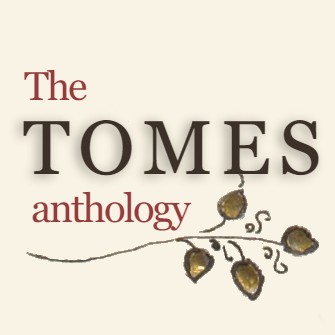Theme: Medieval Disability Studies
Texts
Introduction
Scholars have become increasingly interested in taking disabilities studies approaches to medieval texts, and the selections in this anthology are designed to support these approaches. Among them are the fifteenth-century Testement of Cresseid, which has become a particularly important work for disability studies due, in part to, to Tory Vandeventer Pearman’s exploration of it in Women and Disability in Medieval Literature (2010). The selections from the Ayenbite of Inwyt (c. 1340) reflect differing approaches to illness and disability in the period. The work is prefaced by an enigmatic rhyme narrated by someone who is blind, deaf and unable to speak—a rhyme with no parallel in the Ayenbite of Inwyt’s source text. The work itself presents a rather bleak approach to disability by describing it as a punishment for sin—a view that scholars have argued was unfortunately common in contemporary religious texts.
In the selection from the Book of Margery Kempe presented here, Margery Kempe describes the serious illness she suffered during her pregnancy and her struggles after it that eventually led to her decision to devote herself entirely to her religion. Descriptions such as these are valuable for providing insight into the history of illness and into medieval attitudes toward mental health.
Krista A. Murchison, General Editor
